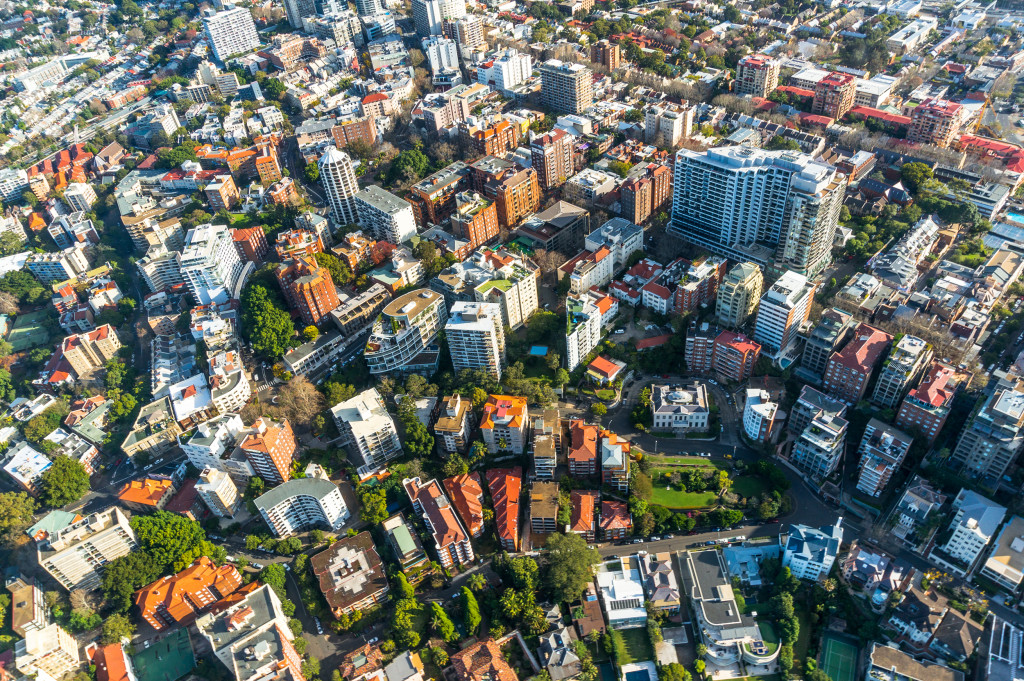Local, state, and federal governments are continuously struggling to find the best practices in preventing the spread of COVID-19. Their efforts primarily focus on reducing the negative effects on public health, especially for marginalized and poor communities. As the health crisis gets worse, various challenges are emerging in small communities, such as unemployment, looming evictions, social isolation, and increasing debts.
Governments are doing their part by offering key strategies to flatten the curve and mitigate the impacts on healthcare systems. These include closing schools, restricting gatherings, requiring employees to work from home, and limiting the operations of businesses. Meanwhile, essential businesses can still cater their products and services while ensuring maximum safety for their customers. These include packaging suppliers selling food containers for restaurant businesses and other food establishments.
While other countries are slowly returning to normal, vulnerable communities are still facing challenges in terms of health, job security, and other necessities. Many are also struggling to be there for each other amid physical distancing restrictions.
Extending help in hard-hit communities can go a long way during a global pandemic. If you want to make a greater impact in local communities, here are three ways to show your support.
Donation drives
Although many people are short on funds right now, any form of assistance can go a long way. You can start by donating to community organizations that are making huge contributions during the pandemic. These include health centers, hospitals, local and national charities that offer food, temporary housing, and financial assistance.
If you have sufficient funds and can’t afford to go outside, you can send in donations on crowdfunding platforms. There are also online fundraisers for healthcare staff and essential workers affected by COVID-19 or families dealing with death or illness.
Another way is to support small businesses and help them stay afloat. Visit local businesses around your area or search online and consider buying your essentials in newly-opened small businesses. You can also order delivery from local food establishments and shop online in family-owned markets. A whole year of the pandemic has been tough for most businesses so any form of support can make a difference.
If you’re really short on cash, donate by sending in goods. Since more people are losing jobs, more families will depend on food banks and soup kitchens. Support the food pantry by donating non-perishable, such as rice, canned goods, and bread. You can also provide masks and personal protective equipment (PPE) in healthcare centers and local hospitals.

Charities and volunteer organizations
Because of health considerations, most volunteers, especially those at higher risk because of medical conditions or old age, need to limit their regular commitments in volunteer organizations. This led non-profit groups to experience a shortage of volunteer resources in providing critical services. As concerns related to COVID-19 continue to rise, communities require more volunteers to meet the demand for food banks and other essential services.
An extra helping hand can make all the difference in these uncertain times. Your talent and skills can be of service to non-profit groups and local charities. Start by searching online for volunteer groups looking for specialized skills, such as sewing, web design, financial services, fitness, and legal aid.
A great tip is to look for volunteer activities you safely do at home to support the group’s mission. Non-profits and charities are making adjustments to carry out activities while making sure their volunteers remain safe. For instance, you can help by sending meal deliveries to seniors by leaving the meal on the doorstep.
Mental health support
The uncertainty brought by the pandemic got everyone worried about their health, safety, and financial state. Sometimes, these problems can take a toll on an individual’s mental health, pushing them to the brink of depression and other mental disorders. Although social distancing is critical to stop the spread of COVID-19, people are more prone to isolation and mental health issues if they lose contact with their loved ones.
Mental health organizations are in great demand for volunteers to accommodate texts and calls from people in distress. You can also start small by visiting family members, friends, and nearby neighbors and providing constant companionship. Virtual therapists are also in demand, where you can provide virtual support to people in isolation.
Everyone can play an active role in rebuilding communities after a crisis. Even through little ways, there’s something you can do to help those in need. This is an important step to restrengthen community ties and remind everyone to work towards a single goal. At the end of the day, the support you offer in local communities can go a long way, no matter how big or small.


